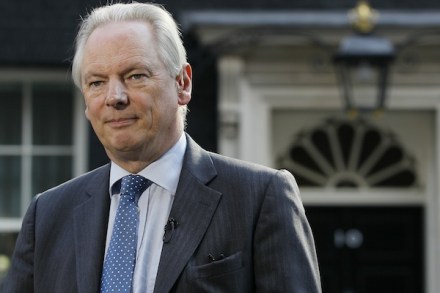Michael Gove’s schools ultimatum pushes up standards
Michael Gove’s reformation of the education system from top to bottom has so far been unstoppable. Often though, the Education Secretary’s detractors bellow there is a lack of proof that his reforms are doing any good. Today’s news (£) that hundreds of primary schools have benefited from Gove’s tougher approach to internal management adds credence to the view that his freeing up of our education system is working. This year, the number of schools below the government’s baseline target dropped by more than half: ‘League tables of this year’s primary school test results showed that 521 were beneath his minimum threshold. Of these, 37 have since been replaced by academies with new sponsors




















